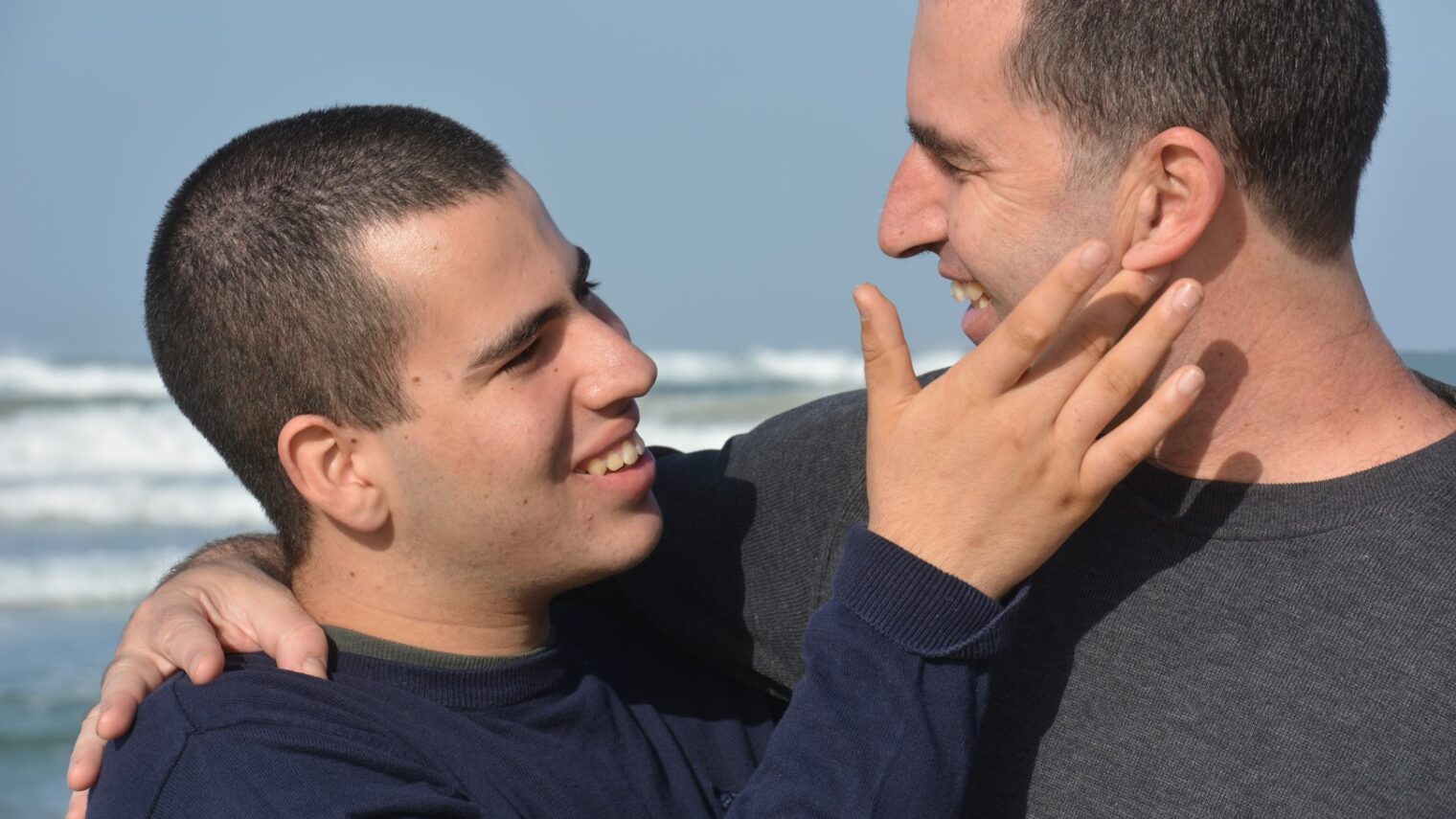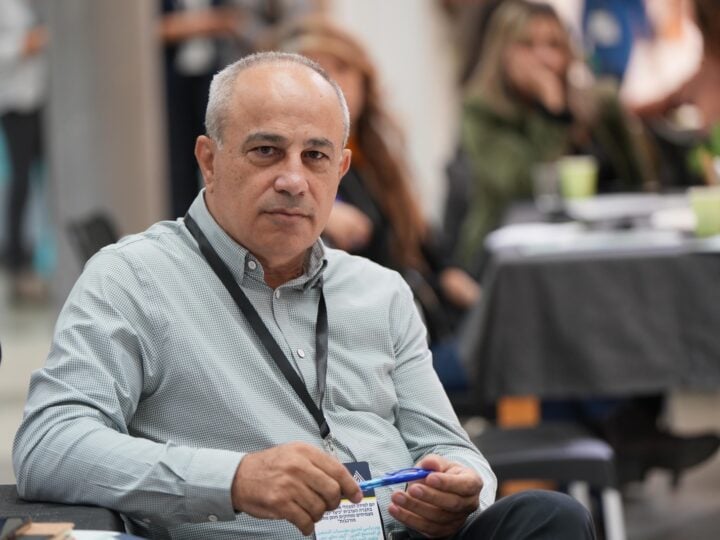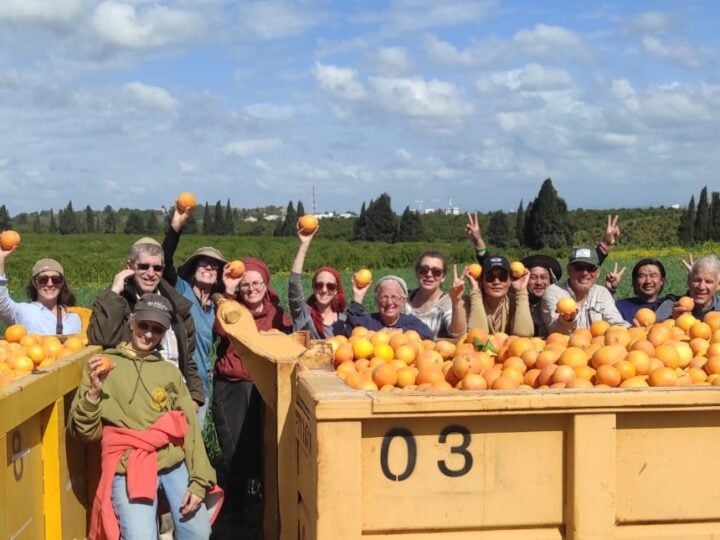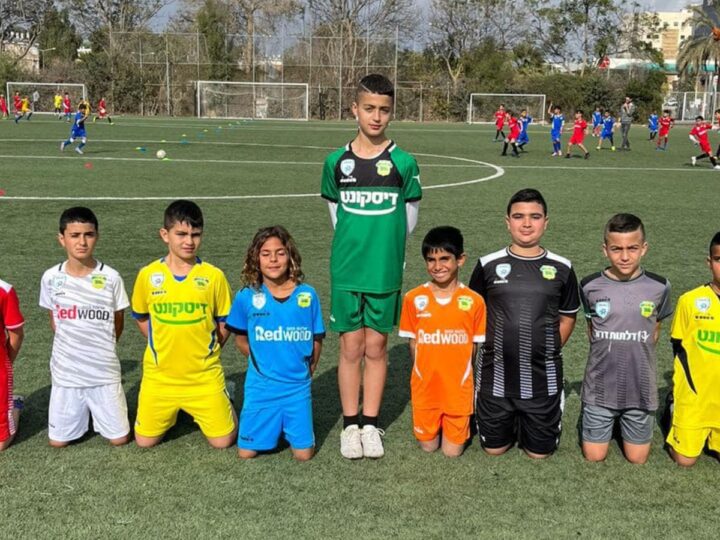On July 28, 2015, Texas mom Kathy Gilray fastened an AngelSense GPS tracking and voice monitoring device to the clothing of her 15-year-old daughter with Asperger syndrome. Three weeks later, the Israeli-made system saved the teenager’s life.
“We have been looking for a solution to help us keep our daughter safe for over a year,” Gilray wrote in a blog on the AngelSense website.
“At 4:10pm on Aug. 17th, our daughter went out for one of her regular walks in our neighborhood. She was lured into a car only 150 yards from our house by a stranger who threatened to hurt her. AngelSense alerted us via email and SMS text that our daughter was not on her usual route. When I received the alert, I entered my AngelSense app in Runner mode, which shows her route.”
Gilray pinpointed the teen’s location, headed there in her car, and activated the device’s Listen-In feature. She heard a struggle and then heard the attacker ask her daughter about the device. “She told him it was a GPS tracker. He told her to take it off, but she told him only her mom could take it off with a special key.”
At that point, the predator drove the girl back to her home neighborhood and released her. Using AngelSense to follow the trail, Gilroy got there seconds later. The system’s tracking and timeline data helped the local police reconstruct the incident.
This is an extreme, but real-life, example of why Israeli father Doron Somer quit his job and teamed up with a friend to create AngelSense, the only location and voice monitoring solution designed for children with special needs. What makes AngelSense unique are its advanced data analytics optimized for personal tracking, adaptive remote device control algorithms and a design that meets the specific requirements of children with special needs and their families.
“One of every five children with special needs suffers physical abuse, and one of six suffers sexual abuse. And every day in the United States, a special-needs child goes missing,” says Somer.
These are not just stark statistics to Somer. His own autistic son Itamar, now 18, has been the victim of abuse at the hands of caretakers.
“You can just imagine the worry we have as his parents because if he’s abused or neglected he can’t tell us,” Somer tells ISRAEL21c.
A reliable solution
Three years ago, Somer started looking into GPS tracking devices and discovered that existing products are good for keeping tabs on dogs and luggage, not children with special needs.
So he did what many other Israeli veterans of technological military units do: He used his expertise in location-based command-and-control systems, first honed at the Israel Navy Computer Center in 1990 to 1995, to invent a reliable solution using sophisticated algorithms and smart analytics that filter out false alerts.
“We envision that in a few years we’ll serve 100,000 families and employ hundreds of moms who cannot work full time because of their special-needs children, and really become part of the community for sharing and support.”Block quote:
In full-time partnership with Israeli high-tech executive, electrical engineer and social entrepreneur Nery Ben-Azar, Somer devised a personal GPS device designed especially for special-needs children, who often have sensory issues or compulsive behaviors that cause them to them ditch other wearables. It’s linked to cloud-based analytics and a web app to enable continuous monitoring and alerts in real time, providing a visual diary of the child’s day.
Parents and caregivers can also use AngelSense to share pictures and information to get a holistic picture of the child’s daily activities and serve as a basis for communication with each other and the child.
One mother told Somer and Ben-Azar that her child always displayed anxiety when the school bus came to get him, and AngelSense finally showed her why: The route went past the school before stopping there, giving the child an uneasy feeling. Understanding the problem allowed her to calm his fears.
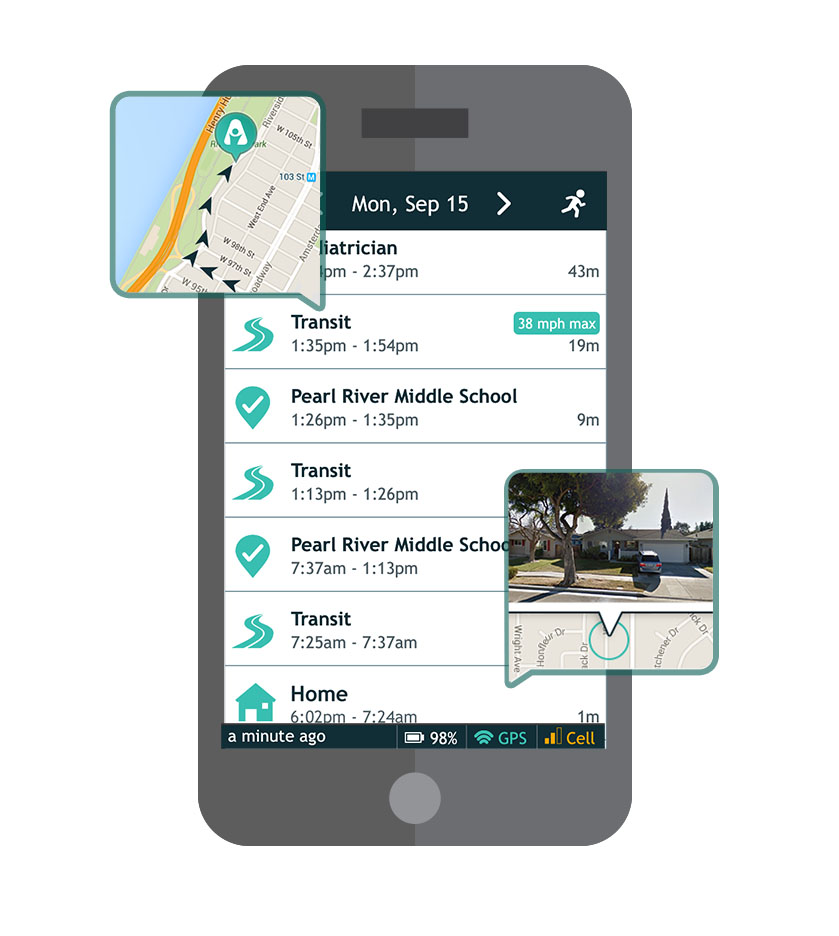
Following a successful pilot in Israel, AngelSense hit the market in January last year, aimed mainly at the parents of some 4 million special-needs children in the United States.
“We know the need is global,” Ben-Azar tells ISRAEL21c. “We are marketing only in the US right now but we’ve gotten requests from all over the world and have users in countries such as Australia, New Zealand, Germany and Egypt.”
Employing moms of special-needs kids
Ben-Azar built AngelSense as a for-profit social venture. The service is available by subscription for $40 per month.
“It’s difficult to constantly be raising funds as a non-profit while people are depending on you. To make a real impact we have to have a solid, reliable company that attracts financial investors.”
It was Ben-Azar’s idea to employ parents of special-needs children to man the website helpline and call center. These parents – primarily mothers – best understand AngelSense customers’ questions and concerns. And because they must often forgo their careers to care for their special-needs kids, they welcome part-time work from home.
“We envision that in a few years we’ll serve 100,000 families and employ hundreds of moms who cannot work full time because of their special-needs children, and really become part of the community for sharing and support,” says Ben-Azar.
For more information, click here.




